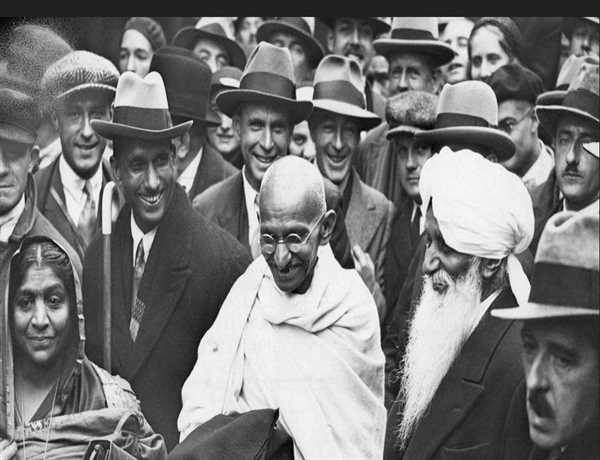The British Government in South Africa honoured Mahatma Gandhi for his leadership of the Indian Medical Corps, which provided medical care to injured British soldiers during the Boer War (1899-1902). In response to the Jallianwala Bagh Massacre, Mahatma Gandhi returned his Kaiser-e-Hind.
Gandhi was one of the most influential people in India at the time and was a huge part of the movement to end British rule. He had been imprisoned before and knew how important it was for him to be able to fight for his country's freedom.
Gandhi was also awarded this award because of how much he contributed to peace and unity in India. He helped create a new spirit among Indians by encouraging them to think about their own cultural heritage instead of just focusing on British culture.
The award was one of the highest honours that could be bestowed upon an individual by the British Raj.
Gandhi's work as a lawyer and political activist had made him a well-known figure among the Indian population at large. In addition to being a member of parliament and leader of India's independence movement, Gandhi was also deeply involved in social change movements such as swadeshi (the boycott of British goods), satyagraha (non-violent resistance), and self-reliance.

Gandhi was a champion of nonviolence and satyagraha, as well as a spokesman for India's downtrodden. He believed that by adopting these tactics, he could achieve independence for his country. In order to spread these ideas among the public, Gandhi founded the Indian National Congress in 1885 and made himself its president from 1897 until 1920.
In addition to being an influential leader in India, Gandhi also played a crucial role in gaining independence for other countries around the world. He helped establish Satyagraha movements in South Africa and elsewhere, which aimed at promoting nonviolence as a means of ending colonial rule over their respective nations.